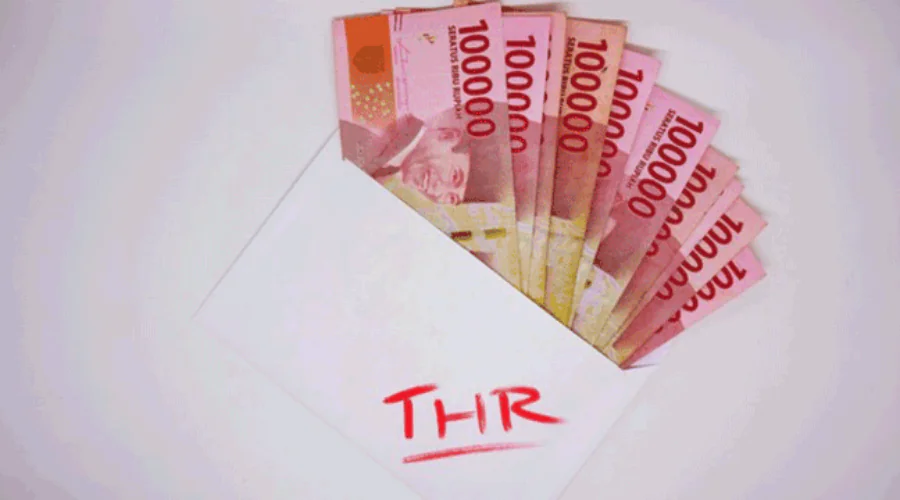
- 06 Apr
- 2023
Ilustrasi gambar (Shutterstock)
UM Surabaya Lecturer Shares Tips on Managing THR Money So It Doesn't Run Out in Vain
Hari Raya Allowance (THR) is compensation given once a year by the company to its employees for the best performance that has been dedicated. It is not uncommon for THR to be referred to as the thirteenth (13th) salary considering that the nominal amount is mostly paid equivalent to the monthly salary of employees which is issued once a year.
So that the THR funds do not run out for purely consumptive purposes, UM Surabaya Sharia Banking Lecturer Arin Setyowati shares 5 tips on managing THR funds so they don't run out in vain.
First, according to Arin, pay 10% of zakat and infaq first. Arin said, before it is used for other needs, pay zakat at the end of Ramadan so that our assets are clean and blessed. Considering that the zakat percentage is around 2.5%, around 7.5% can be used to provide infaq, one of which can be in the form of digital cash waqf through mbanking or directly to Nazhir or the nearest Amil Zakat Institution (LAZ).
Second, use 10% -30% to pay off debt. Considering that the THR fund is an additional fund whose nominal value is equivalent to one month's salary, it is very potential to be used to help pay off debts and installments.
"So that the debt doesn't drag on, so it will ease our financial burden in the future," said Arin Thursday (6/4/23)
Third, use 20% for savings and investment. A minimum of 20% of THR funds has the potential to be used to start or increase savings. Apart from that, THR funds can also be used to start investments with minimal risk, this is especially important for beginners. So that in the following months there are alternative additional income from investment results.
Fourth, use 40% for spending on basic needs. Bearing in mind that the allocation of THR is to support the needs of Eid al-Fitr, it is undeniable that the 40% portion can be optimized to buy basic needs up to homecoming and Eid needs, provided that it is not excessive.
Fifth, set aside for an emergency fund. A trivial but often forgotten thing is setting up an emergency fund. This is important, because we will not know the emergency needs that will befall us in the near future.
"It's like having an umbrella ready before it rains, which is the best preventive measure so that our finances are safe," concluded Arin.










(0) Comments